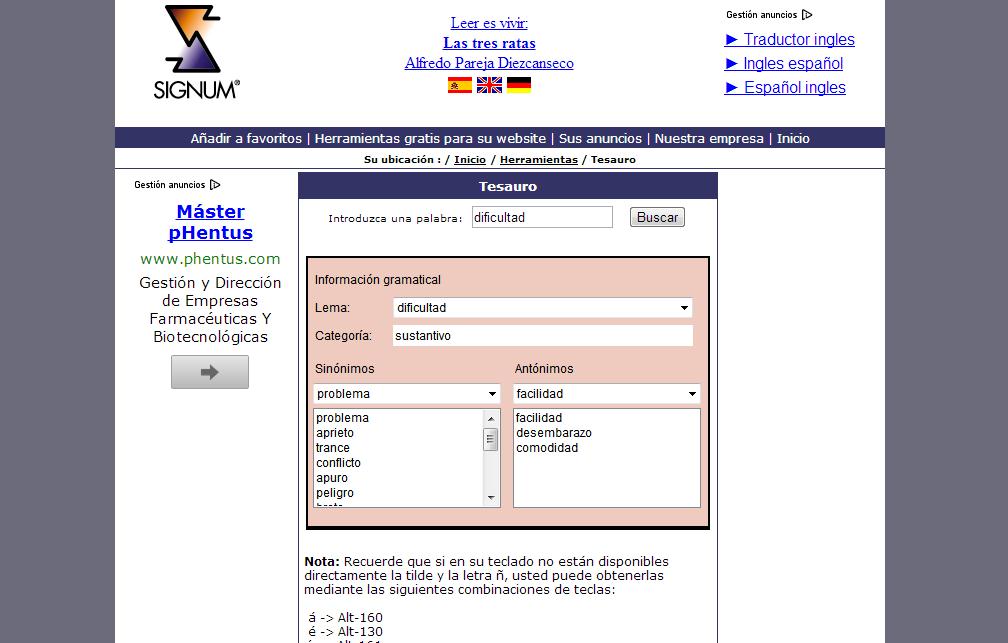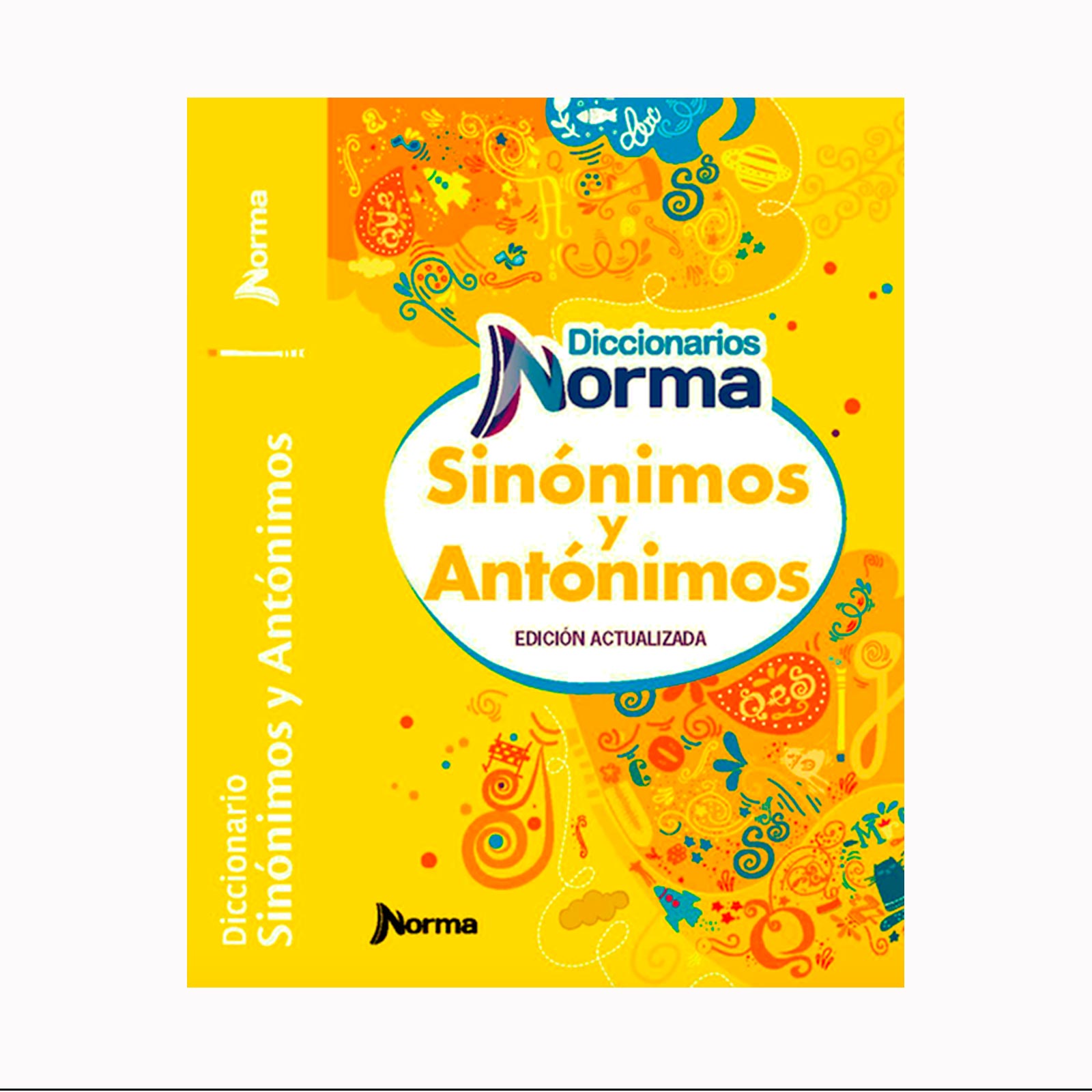
Mini-diccionario de sinónimos & antónimos/Mini-dictionary of synonyms & antonyms de David Grepe en Librerías Gandhi

Amazon.com: Diccionario Merriam-Webster de Sinonimos y Antonimos En Ingles (Spanish Edition): 9780877798521: Merriam-Webster, Merriam-Webster: Books

WordHippo – Diccionario inglés para búsqueda de significados, sinónimos y antónimos. » Recursos educativos digitales

Webster's diccionario de sinónimos y antónimos en inglés : Free Download, Borrow, and Streaming : Internet Archive
DICCIONARIO DE SINONIMOS Y ANTONIMOS. DICCIONARIO DE SINONIMOS Y ANTONIMOS/ DICTIONARY OF SYNONYMS AND ANTONYMS. WALLACE-WELLS, DAVID. Libro en papel. 9789686321289 Librería Estruendomudo


















